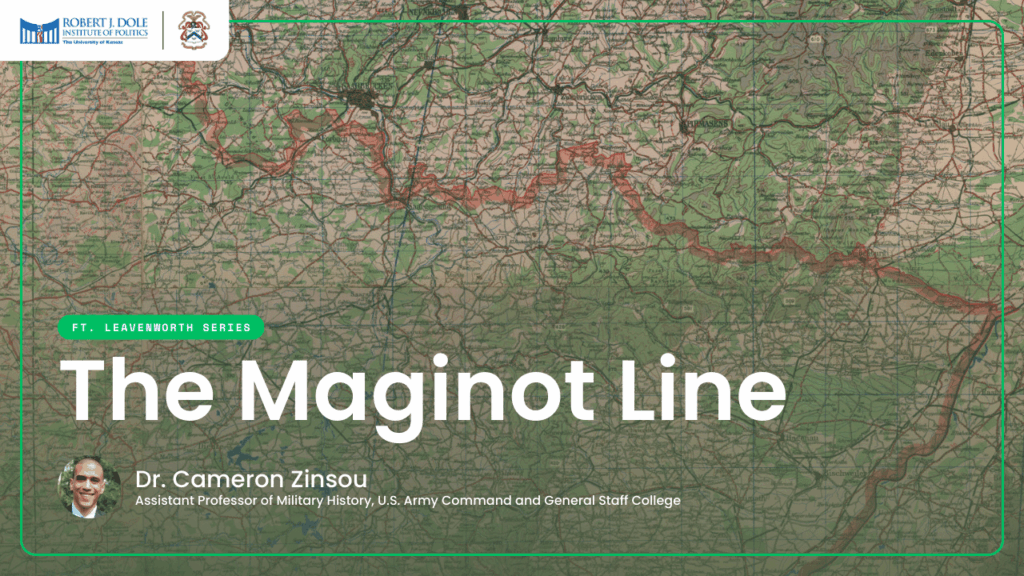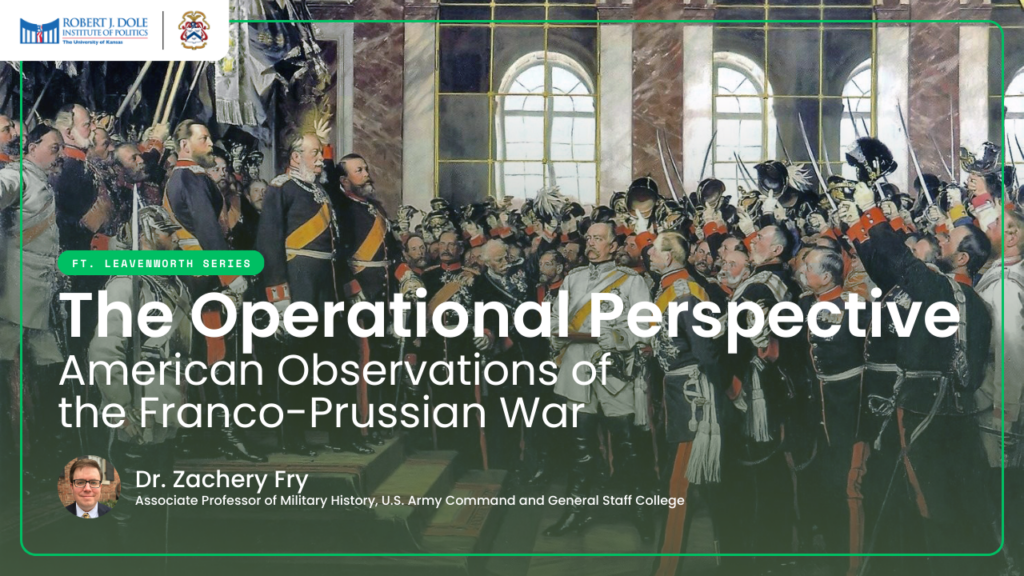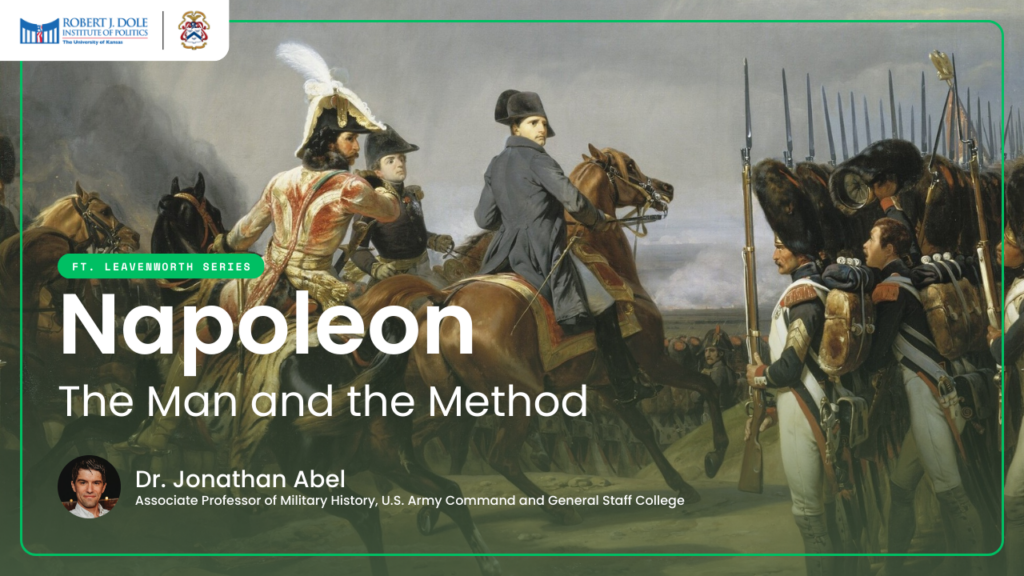
- This event has passed.
The Medieval Theory of John of Salisbury
January 7, 2021 @ 12:00 am
John of Salisbury (died 1180) was a prolific and erudite English writer. Dubbed “the best classical scholar of his age,” he was clerk to St. Thomas Becket of Canterbury and, later, became the bishop of Chartres. Among his numerous works is the book Policraticus, which, despite its fame as a political and moral treatise, has been virtually ignored by military historians. More’s the pity: Policraticus was read by military commanders and strategists into the 18th century and contained concepts on generalship, logistics, pay, discipline, training, and the military-state relationship that appeared in later–and purportedly innovative–treatises by such later writers as Thomas Aquinas, Christine de Pizan, Niccolò Machiavelli, and Justus Lipsius. In this talk, Professor John D. Hosler will survey the martial content in John of Salisbury’s writings and explain how he serves as the medieval bridge between ancient and early-modern military theory.
Submit your questions for Dr. Hosler to dolesocial@ku.edu for the question and answer portion of the program.
This event is closed-captioned for the hearing impaired.
This special program will be live-streamed to the institute’s YouTube channel and to its website, www.doleinstitute.org. Due to continuing concerns regarding the novel coronavirus pandemic, the program will only be available online. Follow the Dole Institute on Facebook, Instagram, or Twitter for updates regarding this and future programming.
John D. Hosler (Ph.D., University of Delaware) is Professor of Military History at the Command and General Staff College and an expert in warfare in medieval Europe and the Middle East. He is the author of sixty articles and book reviews and author or editor of six books: the forthcoming Seven Myths of Military History (Hackett); Military Cultures and Martial Enterprises in the Middle Ages (2020); The Siege of Acre, 1189-1191 (2018), which was a Times Literary Supplement Book of the Year; Where Heaven and Earth Meet (2013); John of Salisbury: Military Authority of the Twelfth-Century Renaissance (2012); and Henry II: a Medieval Soldier at War (2007). He currently serves as the President of De Re Militari: the Society for Medieval Military History and a Trustee of the United States Commission for Military History, and he is an elected Fellow of the Royal Historical Society.


